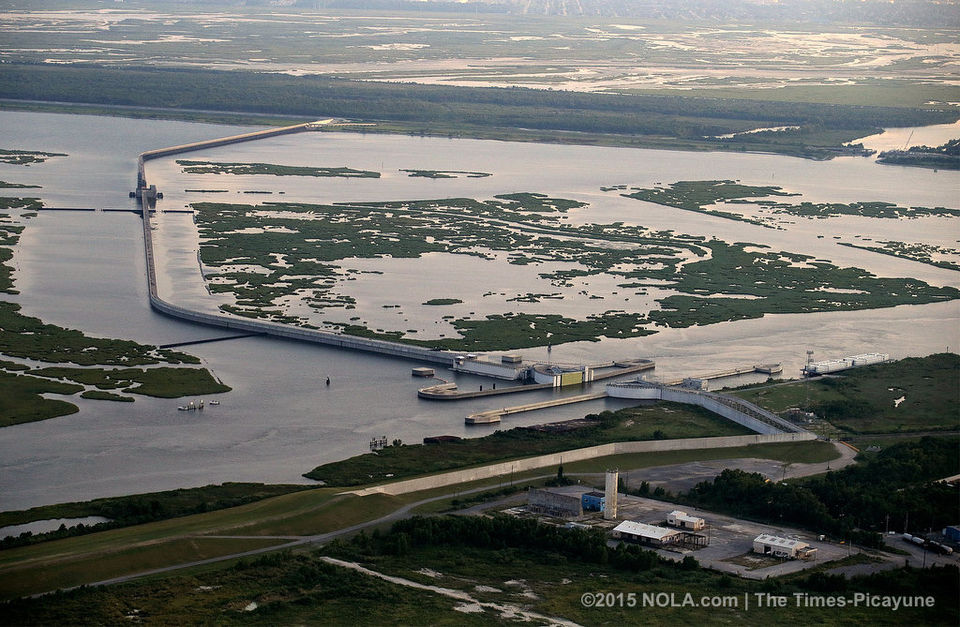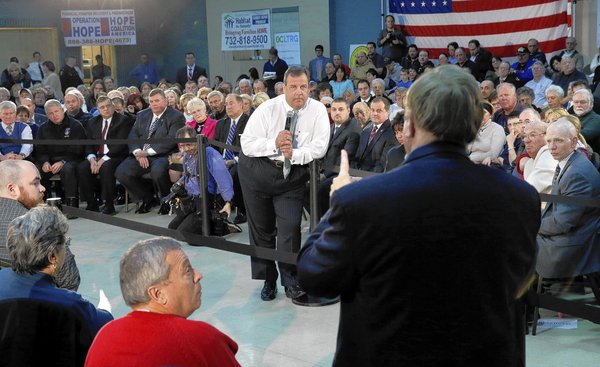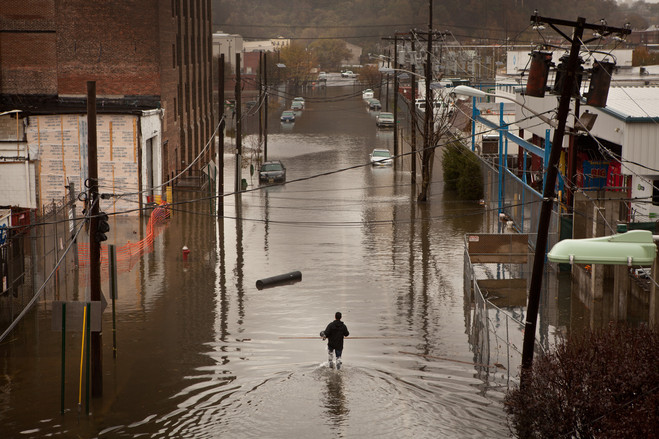You are here
Sat, 2013-10-05 16:16 — mdmcdonald
This group focuses on the insurance industry's response to the increasing number of natural events and how this response impacts Americans.
This group focuses on the insurance industry's response to the increasing number of natural events and how this response impacts Americans.
Add Content to this group
Members
| mdmcdonald | WDS1200-Columbus |
Email address for group
insurance-us@m.resiliencesystem.org








Recent Comments